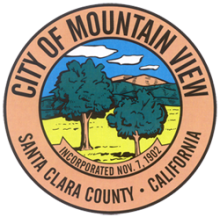President Trump Targets Digital Equity Act —What It Means for Communities and the Future of Connectivity - Episode 646 of the Community Broadband Bits Podcast

In this urgent episode of the podcast, Chris is joined by Angela Siefer and Amy Huffman of the National Digital Inclusion Alliance (NDIA) to unpack a stunning announcement: President Trump has declared the Digital Equity Act “unconstitutional” and vowed to cancel it.
Angela and Amy explain what the Digital Equity Act really does, who it serves, and why this sudden political attack puts millions of Americans—and the country’s digital future—at risk.
They offer insights into what’s still unclear, how local organizations are reacting, and what’s at stake if this critical program is dismantled.
NDIA's response to President Trump's statement can be found here.
This show is 33 minutes long and can be played on this page or via Apple Podcasts or the tool of your choice using this feed.
Transcript below.
We want your feedback and suggestions for the show-please e-mail us or leave a comment below.
Listen to other episodes or view all episodes in our index. See other podcasts from the Institute for Local Self-Reliance.
Thanks to Arne Huseby for the music. The song is Warm Duck Shuffle and is licensed under a Creative Commons Attribution (3.0) license


